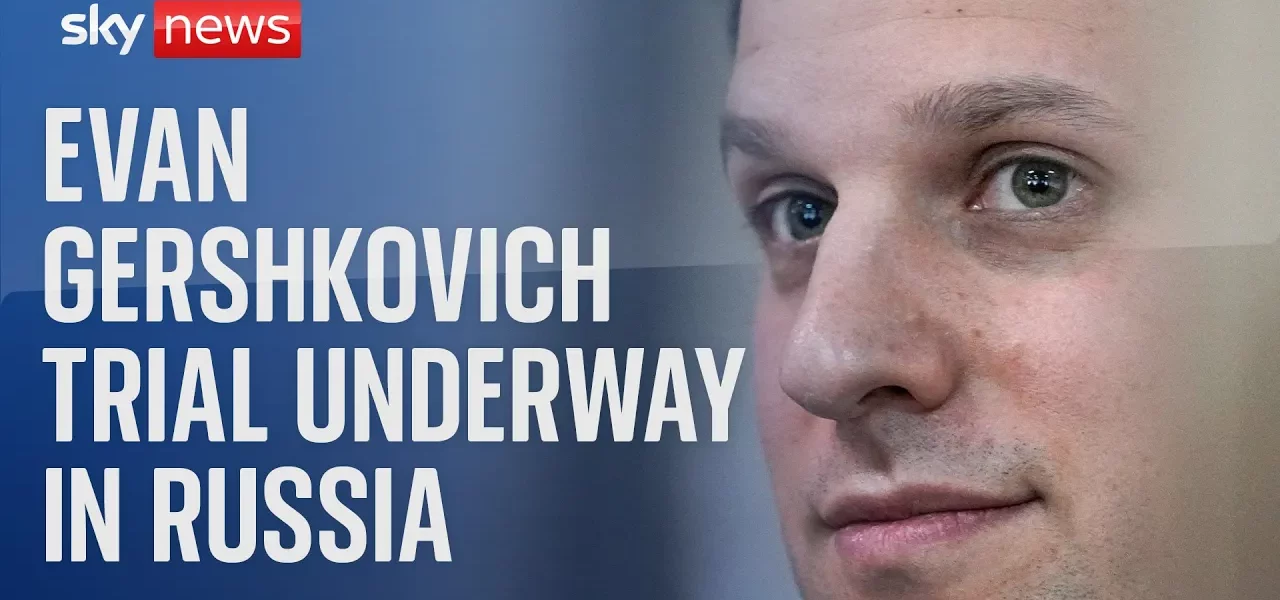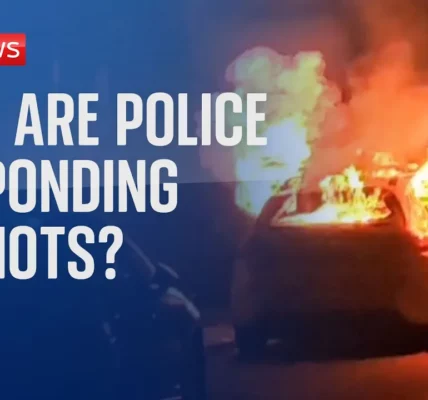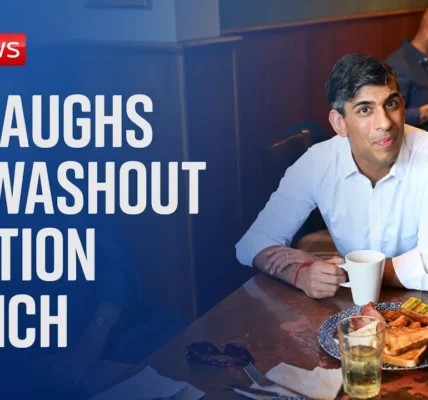Trial of Gershkovich: Insights and Developments

This article delves into the ongoing trial of Gershkovich, exploring the reactions from colleagues, public comments, and the significance of the proceedings held behind closed doors.
Introduction
The trial of Gershkovich has captured significant public and media attention, primarily due to its controversial nature and the closed-door proceedings. As the legal battle unfolds, various stakeholders including colleagues, legal experts, and the general public are voicing their opinions, leading to a rich tapestry of commentary and insight surrounding the case. This article aims to provide a comprehensive overview of the trial, its implications, and the reactions it has incited.
Overview of the Trial
The trial of Gershkovich is being conducted under unusual circumstances, with many aspects shrouded in secrecy. The following points highlight key features of the trial:
- Closed-door proceedings: The trial is taking place behind closed doors, which raises questions about transparency and public access to legal processes.
- Public interest: The case has drawn considerable media scrutiny, with numerous journalists and observers attempting to gain insights into the courtroom dynamics.
- Legal representation: Gershkovich’s legal team is actively engaged in defending their client, navigating complex legal frameworks and public sentiment.
Reactions from Colleagues and the Public
As the trial progresses, reactions from colleagues and the public have been varied and vocal. Notable points of discussion include:
Colleagues’ Comments
Colleagues of Gershkovich have expressed their thoughts on the trial through various channels:
- Support for Gershkovich: Many have publicly voiced their support, emphasizing the importance of a fair trial and the right to a transparent legal process.
- Concerns over the trial’s integrity: Colleagues have raised alarms about the implications of holding a trial in such secrecy, questioning the fairness of the proceedings.
Public Sentiment
The public’s reaction has been equally significant:
- Calls for transparency: Many citizens are demanding that the trial be opened to the public to ensure accountability.
- Social media discussions: The case has sparked extensive discussions online, with hashtags and campaigns advocating for Gershkovich’s rights.
The Legal Context
Understanding the legal context of the trial is essential for grasping its significance. Key aspects include:
Legal Framework
The legal framework governing the trial includes various statutes and regulations that dictate how proceedings are conducted:
- Rules of evidence: Specific evidentiary rules determine what can be presented in court.
- Rights of the accused: Legal principles ensure that the defendant’s rights are upheld throughout the trial.
Implications of Closed Proceedings
The decision to conduct the trial behind closed doors presents several implications:
- Impact on public trust: Closed proceedings may diminish public trust in the judicial system.
- Potential for appeals: If systemic issues are identified, the verdict may be subject to appeal based on procedural grounds.
Conclusion
The trial of Gershkovich remains a focal point of legal and public discourse, characterized by its closed-door nature and the reactions it has provoked. As developments unfold, it is crucial to stay informed about the implications of this case for the legal community and society at large. We encourage readers to follow ongoing updates and engage in discussions surrounding the importance of transparency in legal proceedings.
For more information on related topics, check out our articles on legal rights in trials and the impact of media on public perception of trials.
“`




